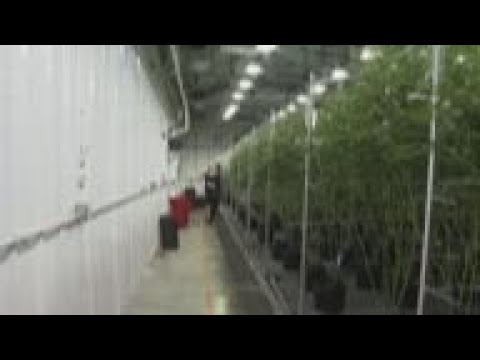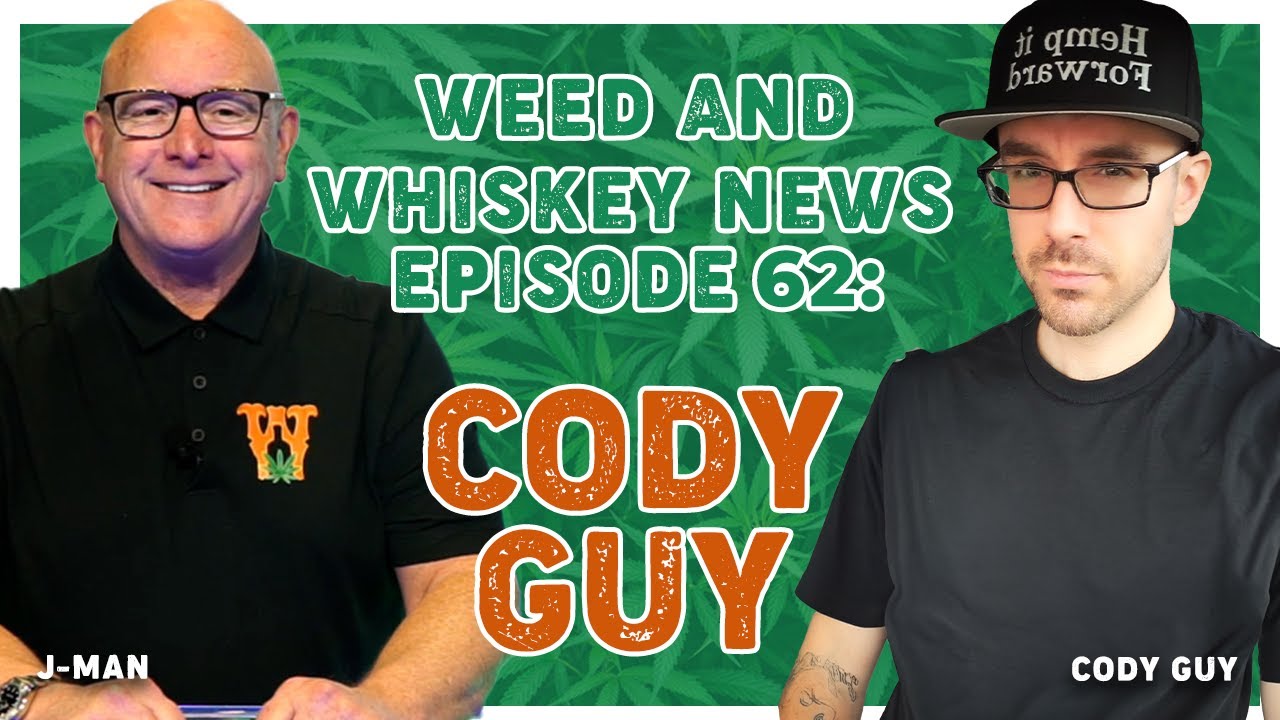(24 Mar 2022) Over the past few years, Jonny Griffis has invested millions of dollars in his legal marijuana farm in Michigan, which produces extracts to be used in things like gummy bears and vape oils.
But now that farm — like many other licensed grows in states that have legalized marijuana — faces an existential threat: high-inducing cannabis compounds derived not from the heavily regulated and taxed legal marijuana industry, but from a chemical process involving little-regulated, cheaply grown hemp.
“Honestly, I’m terrified. This was something really unexpected,” said Griffis, the chief operating officer of True North Collective. “Obviously, if I knew this last year when I was building the farm, it would be a big deterrent.”
At the center of the issue is THC, marijuana’s main intoxicating component. While marijuana and hemp are the same plant — cannabis — the distinction between the two is a legal one and comes down to the amount of THC in the plant, specifically the amount of a type of THC called delta-9.
Hemp is defined in federal law by its low delta-9 THC content and is traditionally used for food, clothing and industrial applications.
But since Congress passed the 2018 Farm Bill, authorizing the growing of hemp nationwide, there’s been an unforeseen consequence: People exploiting what they see as a loophole in the law have taken that hemp, extracted a non-intoxicating compound called CBD, and chemically changed it — generally by the addition of solvents and heat — into various types of impairing THC.
“You start with some basic building block molecules, which are then converted in a laboratory using chemical reactions. But the end product is really the same,” said Norb Kaminski, who directs the Institute for Integrative Toxicology at Michigan State University.
Unlike the completely artificial, often dangerous drugs known as K2 or Spice and called “synthetic marijuana,” the chemically created THC at issue here consists of molecules found naturally in cannabis, though sometimes in vanishingly small amounts. It’s far cheaper to produce THC chemically from hemp than to extract it from marijuana.
Because it is derived from hemp, that THC — often in a form called delta-8 — can wind up in candies, vape oils and other products sold in gas stations, convenience stores and online, even in states where marijuana is illegal. The Food and Drug Administration warned last year that the substances pose a public health risk due to multiple factors, including the way they are marketed and because of potential contamination when manufactured.
At least 17 states have banned such products, but they remain available in many others.
Supporters call chemically derived THC economical and environmentally friendly. Hemp can be grown in vast fields outdoors, without expensive lighting systems, and can have a lower carbon footprint than marijuana.
For critics, the safety isn’t proven; the process of making it can leave behind trace amounts of unidentifiable compounds. The method also allows for the manufacture of lesser-known cannabis compounds whose health effects aren’t well understood.
In Michigan, state regulators are considering rules that would allow processors to convert CBD into THC with written prior approval, which would require demonstrations of the conversion method and product testing. They would also have to label their product as synthetic — a suggestion that has angered processors who note that the molecules are found in nature.
Find out more about AP Archive: http://www.aparchive.com/HowWeWork
Twitter: https://twitter.com/AP_Archive
Facebook: https://www.facebook.com/APArchives
Instagram: https://www.instagram.com/APNews/
You can license this story through AP Archive: http://www.aparchive.com/metadata/youtube/989a160d44054e9c887d00a04acf18c0
source



